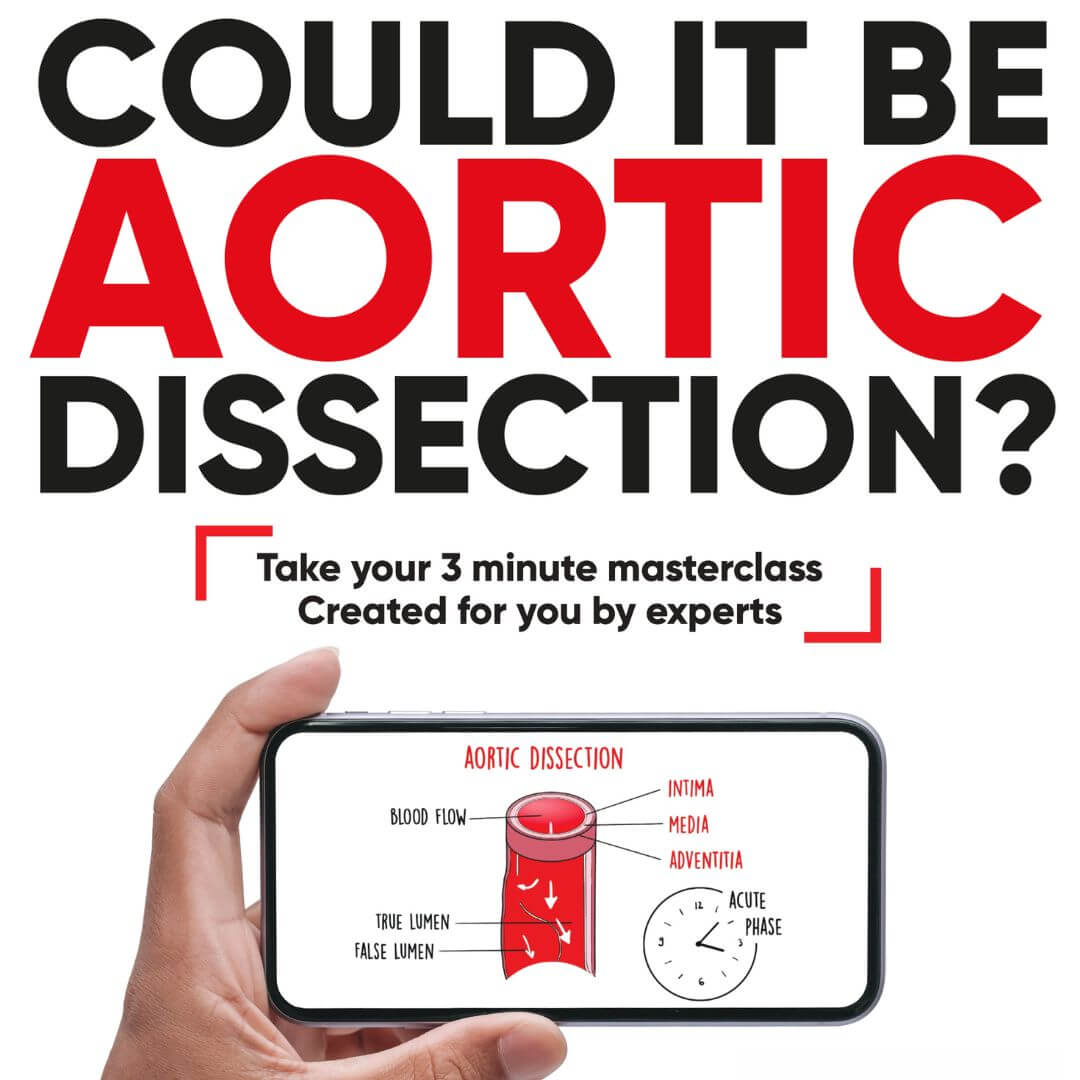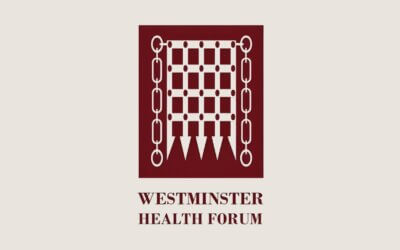The Aortic Dissection Charitable Trust recently took a pivotal role at a prestigious medico-legal event hosted by the Royal Society of Medicine’s Emergency Medicine Section in collaboration with the Clinical Forensics and Legal Medicine Section. This national gathering brought together medical professionals, coroners, legal experts, and academic leaders to explore some of the most pressing legal and ethical issues in emergency medicine. Among the central themes were clinical negligence, ethical dilemmas, and the grave consequences of misdiagnosis, especially in life-threatening conditions such as acute aortic dissection.
Exploring Law and Medicine at the Sharpest Edge
Chaired by Dr Fleur Cantle, President of the RSM Emergency Medicine Section, and David Heming, President of the Clinical Forensic & Legal Medicine Section and Senior Coroner for Cambridgeshire and Peterborough, the programme offered an immersive exploration of the critical overlap between medical practice and legal responsibility. Delegates were invited to witness real-life medico-legal dynamics through interactive elements such as a live courtroom scenario. In this powerful session titled “In the Witness Box”, Dr Terry McLoughlin, Emergency Medicine Consultant at the Royal Liverpool Hospital, was cross-examined by barrister Ms Grace Forbes – an intense and insightful depiction of the scrutiny emergency clinicians may face during legal proceedings.
The event also featured analysis of two inquest cases led by David Heming, drawing attention to the procedural and evidentiary dimensions of determining the cause of death and potential preventability. These sessions helped contextualise the legal implications for emergency clinicians who often operate under extreme pressure and with limited diagnostic clarity
A Life-or-Death Diagnosis
A central focus of the event was acute aortic dissection, a condition where swift and accurate diagnosis is paramount to survival. Representing the patient voice and the ongoing push for systemic reform, the charity presented key findings from, The Fate of Those Who Die from a Misdiagnosis of Acute Aortic Syndromes Study. Drawing from coroner’s Rule 28 reports, issued to highlight preventable deaths, and the public aortic dissection petition, the Trust’s research paints a sobering picture: of the 17 cases studied, 11 involved misdiagnosis or delayed diagnosis, with the majority of patients either discharged too early or not correctly assessed. Tragically, nine of these individuals died at home following their interaction with emergency care services.
These misdiagnoses ranged widely, including conditions such as diverticulitis, panic attacks, and musculoskeletal pain, highlighting the need for more specific diagnostic protocols and better clinical training. Such variability underscores the risk of anchoring bias in emergency settings, where high throughput and non-specific symptoms can easily mask a critical diagnosis like aortic dissection.
Key Findings
- Systemic Issues in Diagnosis – Of 17 Rule 28 reports analysed, 11 involved misdiagnosis of acute aortic syndromes. This high frequency underscores a systemic failure in recognising and managing these conditions, highlighting the urgent need for improved diagnostic processes and clinical education.
- Broad Range of Misdiagnoses – Misdiagnoses included gastrointestinal conditions, panic attacks, and musculoskeletal pain, demonstrating a troubling lack of specificity in diagnostic tools and protocols for acute aortic syndromes.
- Post-Hospital Mortality – Nine patients died at home following hospital discharge, indicating a critical gap in follow-up care and patient guidance after initial medical evaluation.

Learning from Rule 28 Reports
In the UK, there is currently no systematic record tracking the pathways of patients who die following a misdiagnosed aortic dissection. Coroners’ Rule 28 reports, issued after an inquest when the coroner believes that action is necessary to prevent future deaths, offer a rare but vital insight into these cases. This research represents the first detailed description of what happens to patients who attend the emergency department with an acute aortic syndrome and die without the correct diagnosis being made. The Trust’s work underscores the significant role of these reports in highlighting systemic failings and catalysing change. Far from being purely retrospective, Regulation 28 reports are vital tools for prevention, prompting recommendations for improvement in clinical practice. The inclusion of this research at the Royal College of Emergency Medicine (RCEM) Annual Scientific Conference in 2021, and its presentation at this Royal Society of Medicine forum, reflects its growing impact on both clinical awareness and health policy development.
A Call to Action for the Emergency Medicine Community
In sharing this evidence, the Aortic Dissection Charitable Trust seeks to inspire a shift in practice, a culture where clinicians are empowered with the knowledge and tools to consider and rule out aortic dissection early in the diagnostic process. The consequences of missed or delayed diagnosis are too grave to ignore. These findings not only support the Trust’s ongoing collaboration with the Coroners’ Society of England and Wales but also call for urgent enhances in medical education and diagnostic frameworks.
The charity’s presence at this medico-legal event served as a compassionate yet critical reminder of the lives lost and the lives that can still be saved. It is a powerful testament to the importance of advocacy, research, and collaboration in transforming emergency medicine into a space that is not only rapid and reactive but also informed, reflective, and just.




